The Fujifilm XF35mm f/1.4 is, in the camera lens world, a modern classic. As if to prove the point, last year Fuji released a promo video extolling its virtues – a full eight years after it launched.
But it’s also a lens that prioritizes character over optical perfection. And with limitations like loud autofocus and a lack of weather-proofing, the calls for a XF35mm f/1.4 Mark II have grown louder over those years since its release.
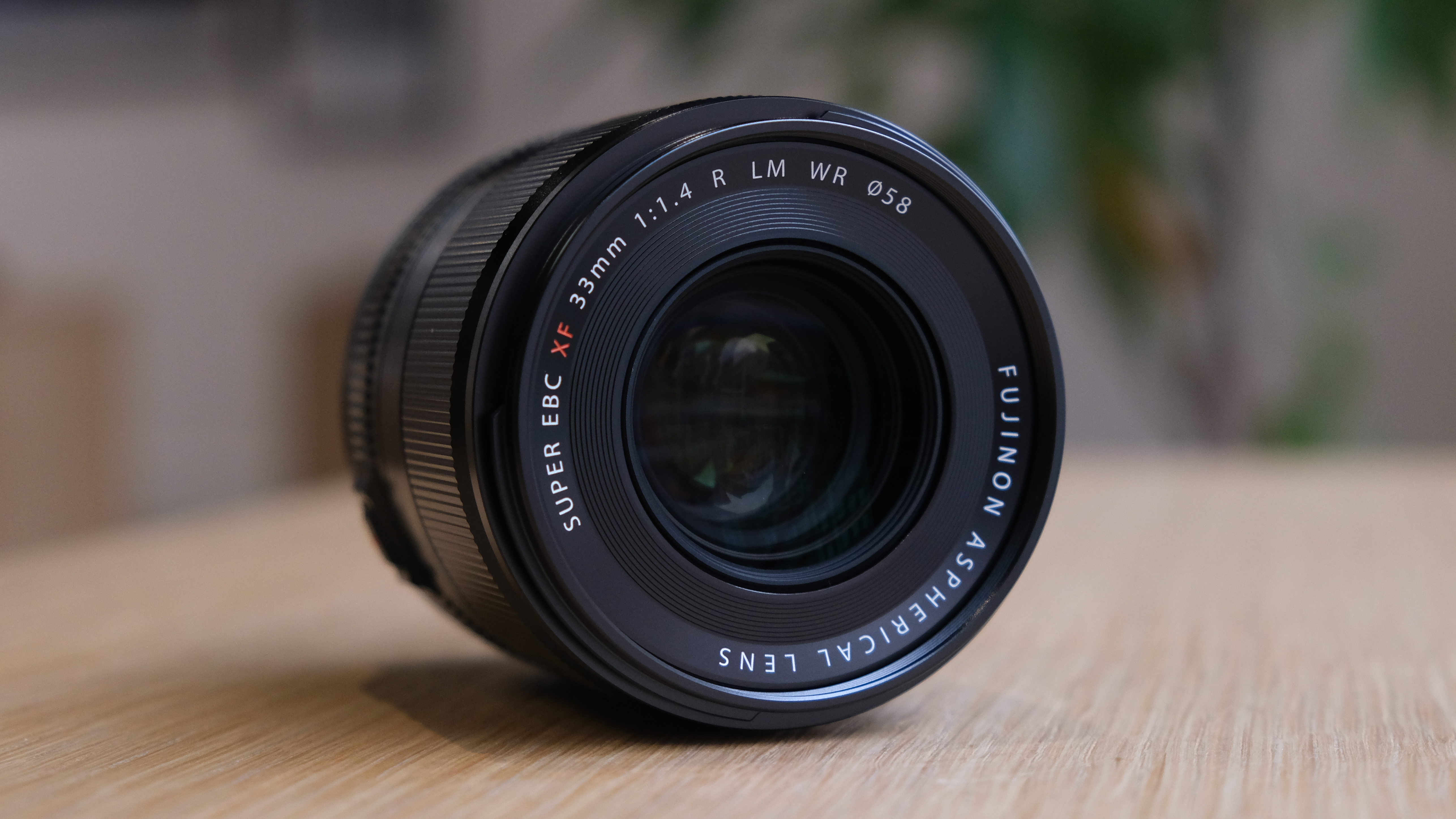
Is the new Fujifilm XF33mm f/1.4 (available from late September for $799 / £699 / AU$1,429) that lens? No, but it’s surely aiming to follow in the same traditions – namely, being an addictive walkabout lens for street photography and environmental portraits.
We took one for a quick spin in our hands-on Fujifilm XF33mm f/1.4 review to find out if it’s got the makings of another Fujifilm classic – or if the move towards modern conveniences has come at the expense of the charm that's made the XF35mm f/1.4 a must-own for Fuji fans.
- Read our hands-on: Fujifilm GFX50S II review
Big brother
Get the XF33mm f/1.4 in your hands and it’s immediately clear why it isn’t being considered as an XF35mm f/1.4 Mark II. These are two lenses with similar focal lengths but very different characters.
The XF33mm f/1.4 is by no means in the same weight category as Fujifilm’s 50mm f/1.0, which tips the scales at 849g. Instead, it’s a very reasonable 360g, which balances nicely with larger Fujifilm cameras like the Fujifilm X-T4.
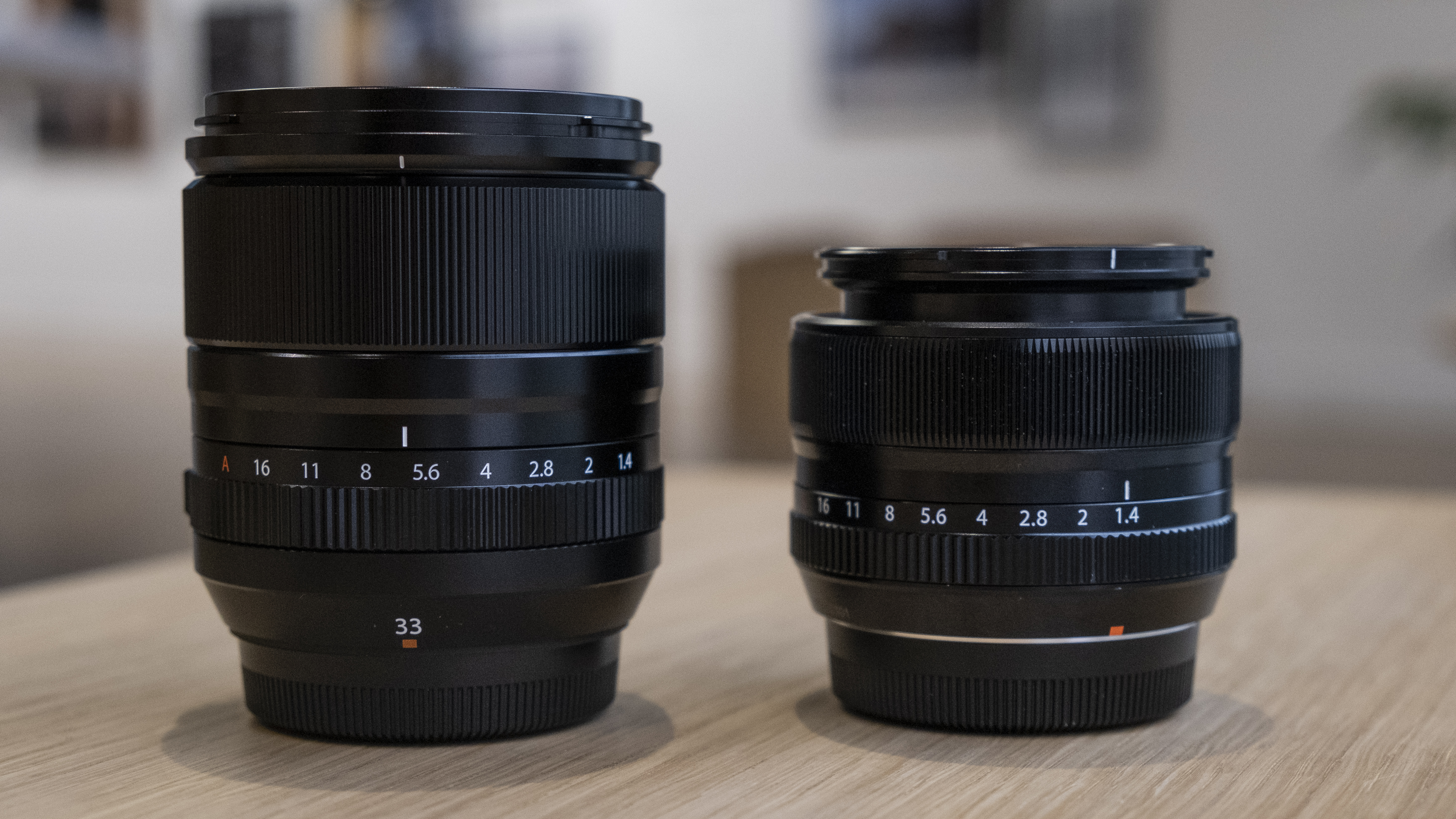
The problem compared to the XF35mm f/1.4, though, is that this size pushes just slightly beyond the sweet spot for smaller bodies like the new Fujifilm X-T30 Mark II. In fact, the lens weighs almost the same as that camera. So while it’s still pretty small for an f/1.4 lens, it is around twice the weight of XF35mm f/2.0 and XF35mm f/1.4 and considerably longer than both, too.
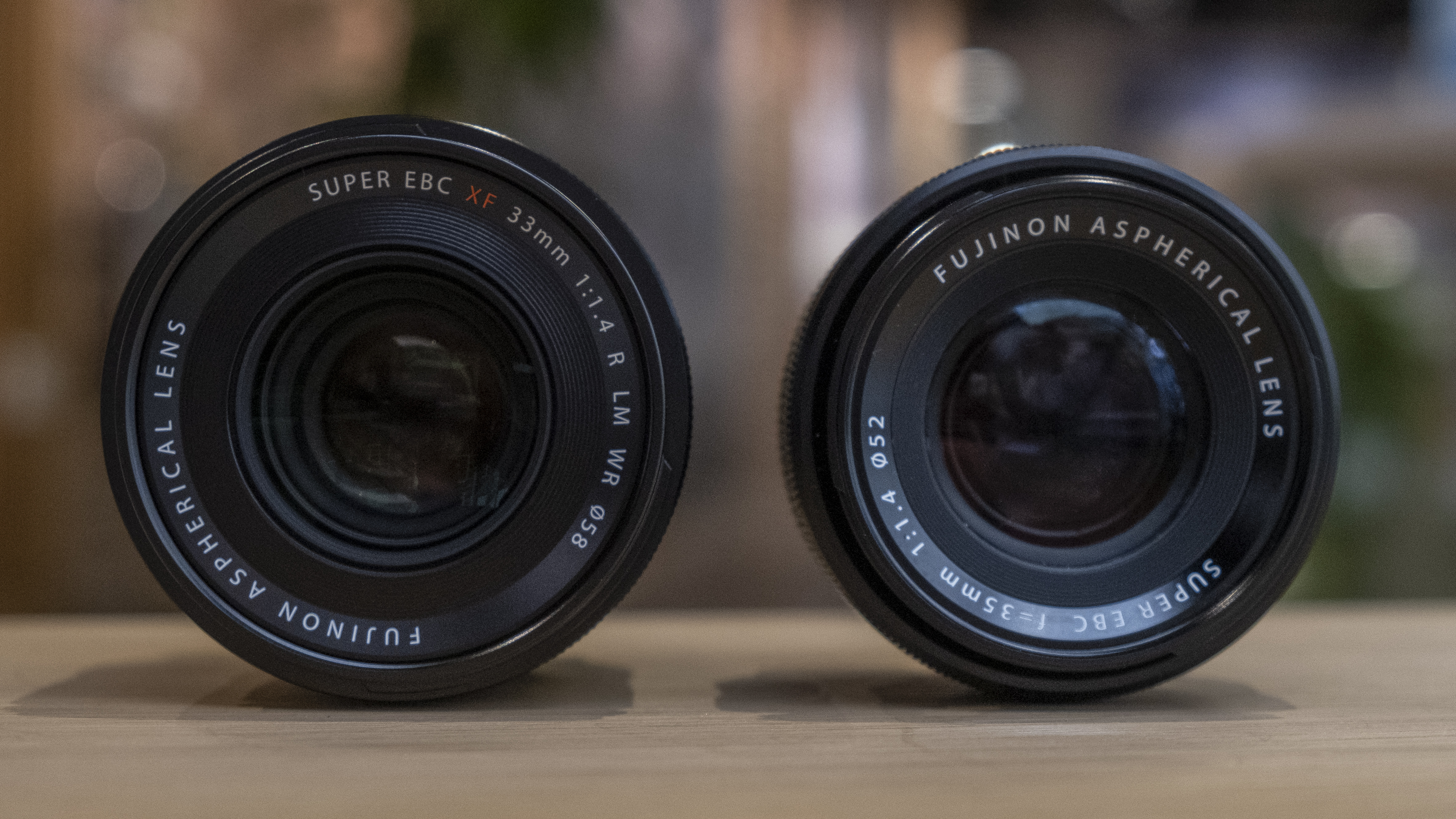
There are good reasons for this. The XF33mm f/1.4 fixes most of the problems that make the XF35mm f/1.4 feel so dated – namely, a lack of weather-resistance, optical imperfections and sluggish autofocus motors that sound about as subtle as Optimus Prime transforming.
Perhaps the most interesting thing about the XF33mm f/1.4, though, is that Fujifilm told us it has a “future-proofing design for higher-resolution sensors”. This helps explain some of that added weight, but also points towards some future Fujifilm cameras that it could be aimed at – like the rumored Fujifilm X-H2.
- Read our hands-on Fujifilm XF33mm f/1.4 R LM WR review
Street spirit
So what's the Fujifilm XF33mm f/1.4 like to use? We had less than an hour with a pre-production version of the lens, so it’s a bit early to talk definitively about specifics. But we did get enough time to get a sense of its character – and that's a lens that, with the right camera body, has the makings of an excellent walkaround companion for travel snapping, street photography and portraits.
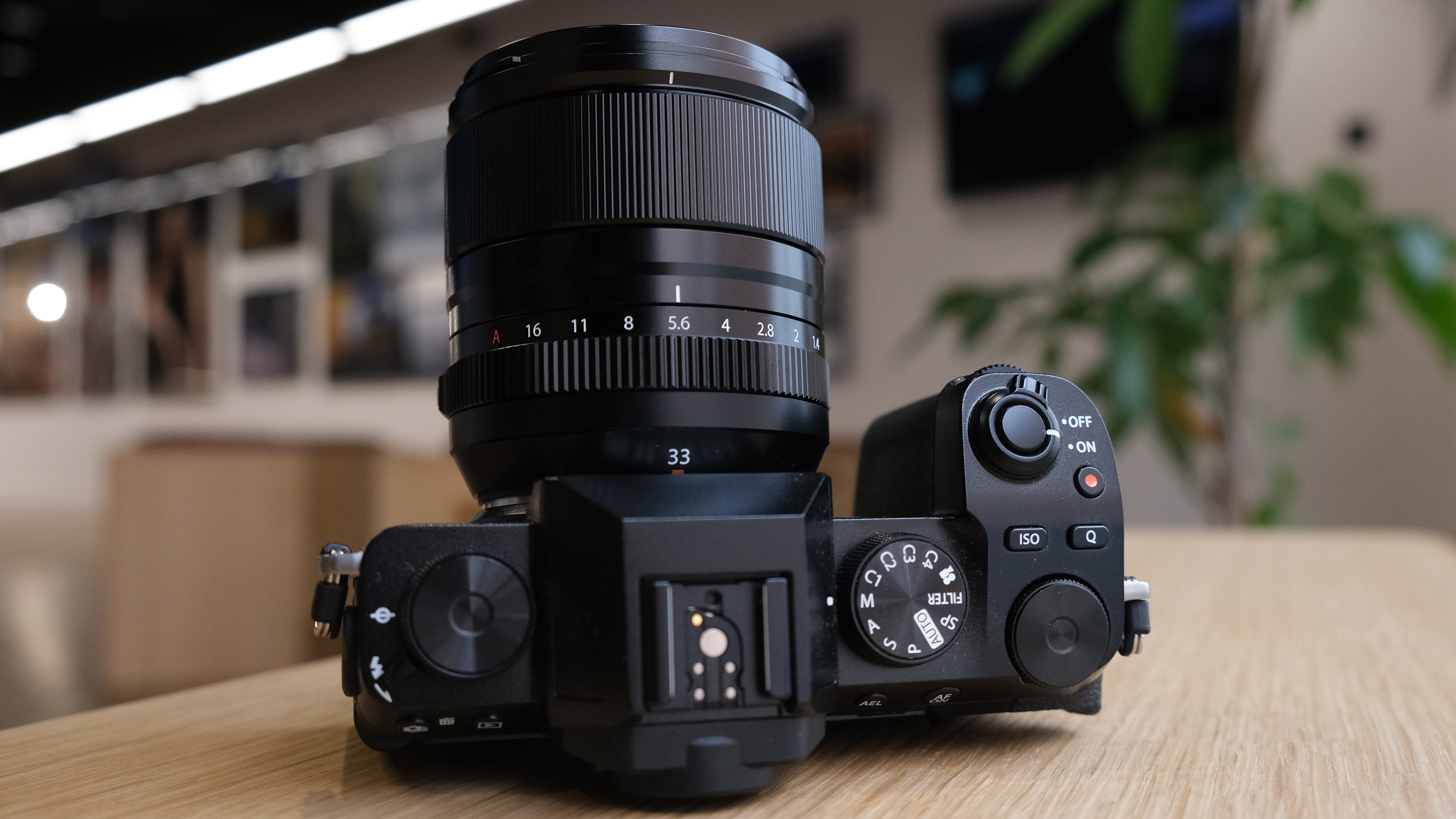
The lens is superbly built, with a full-metal construction, and has an aperture ring with definitive clicks that let you quickly tweak exposure or depth of field while looking through your viewfinder. In our hands-on review, we found it to be "near-silent when focusing" without much in the way of focus breathing, which could make it a good option for video shooters, too.
This is all thanks to linear autofocus motors, which are a huge upgrade on the stepper motors found in the Fujifilm XF35mm f/1.4. The other main leap from that lens is the the XF33mm f/1.4's more sophisticated optical construction, which consists of 15 elements in 10 groups (two aspherical and three ED, or extra-low dispersion).
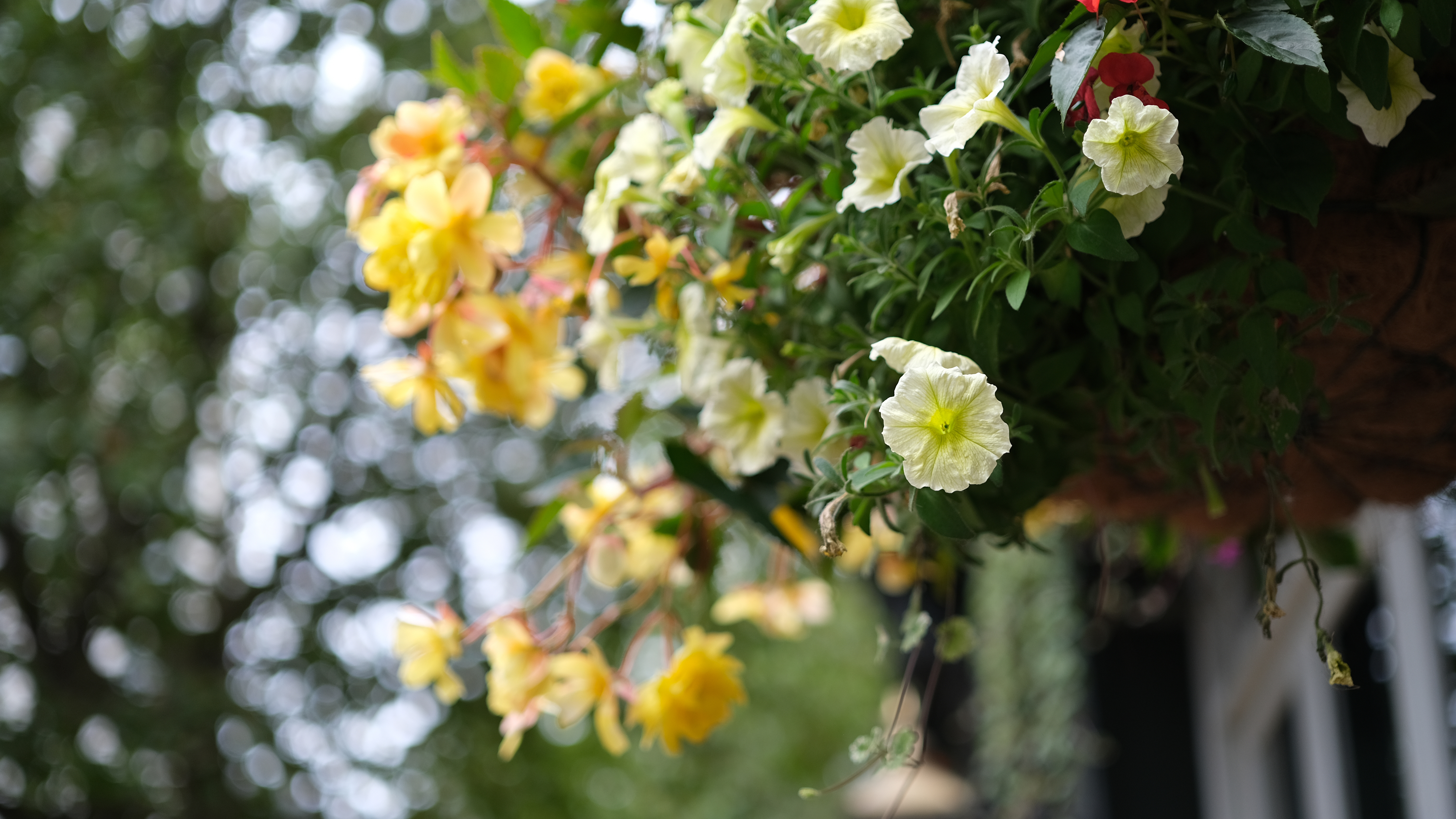
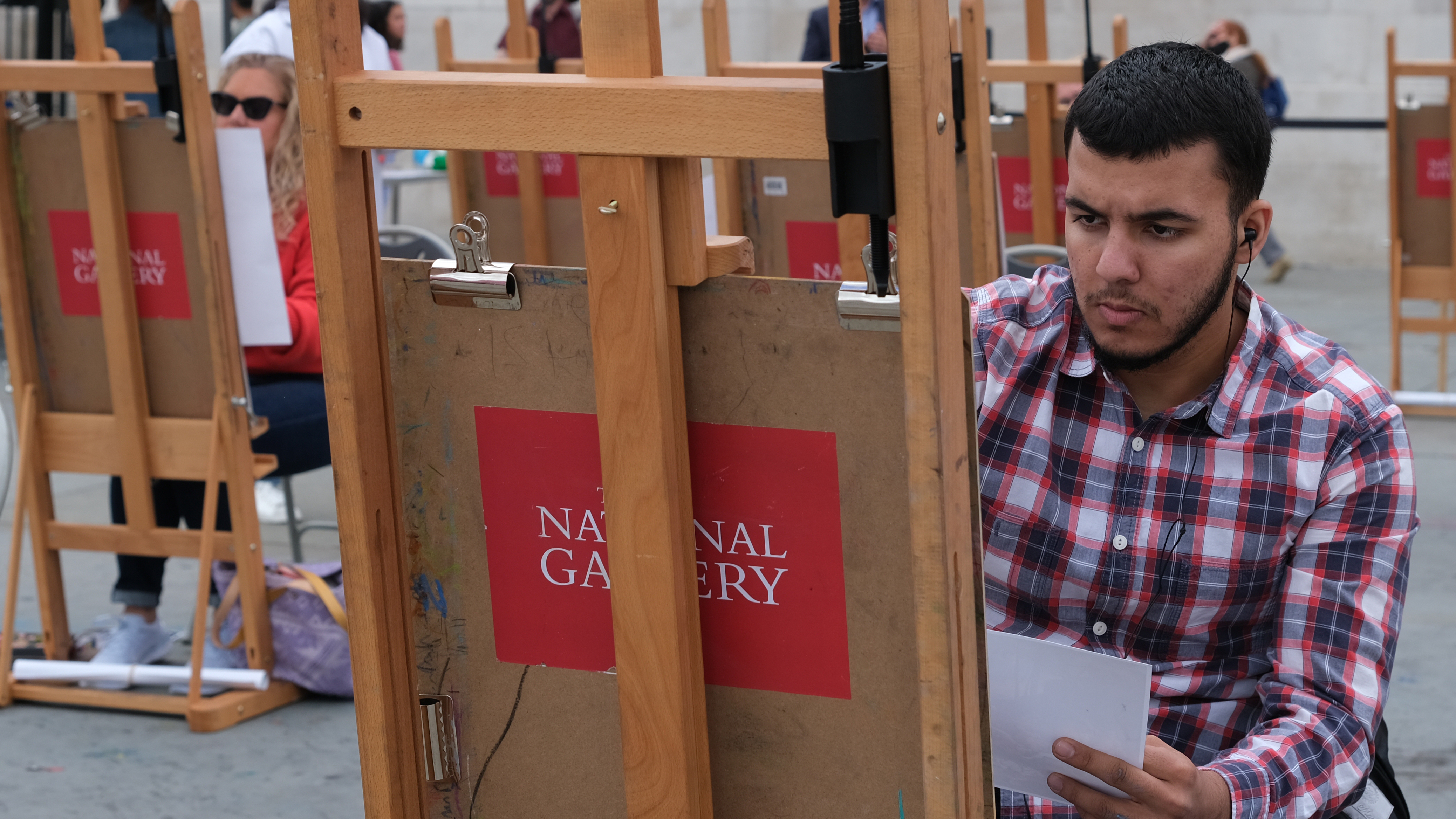
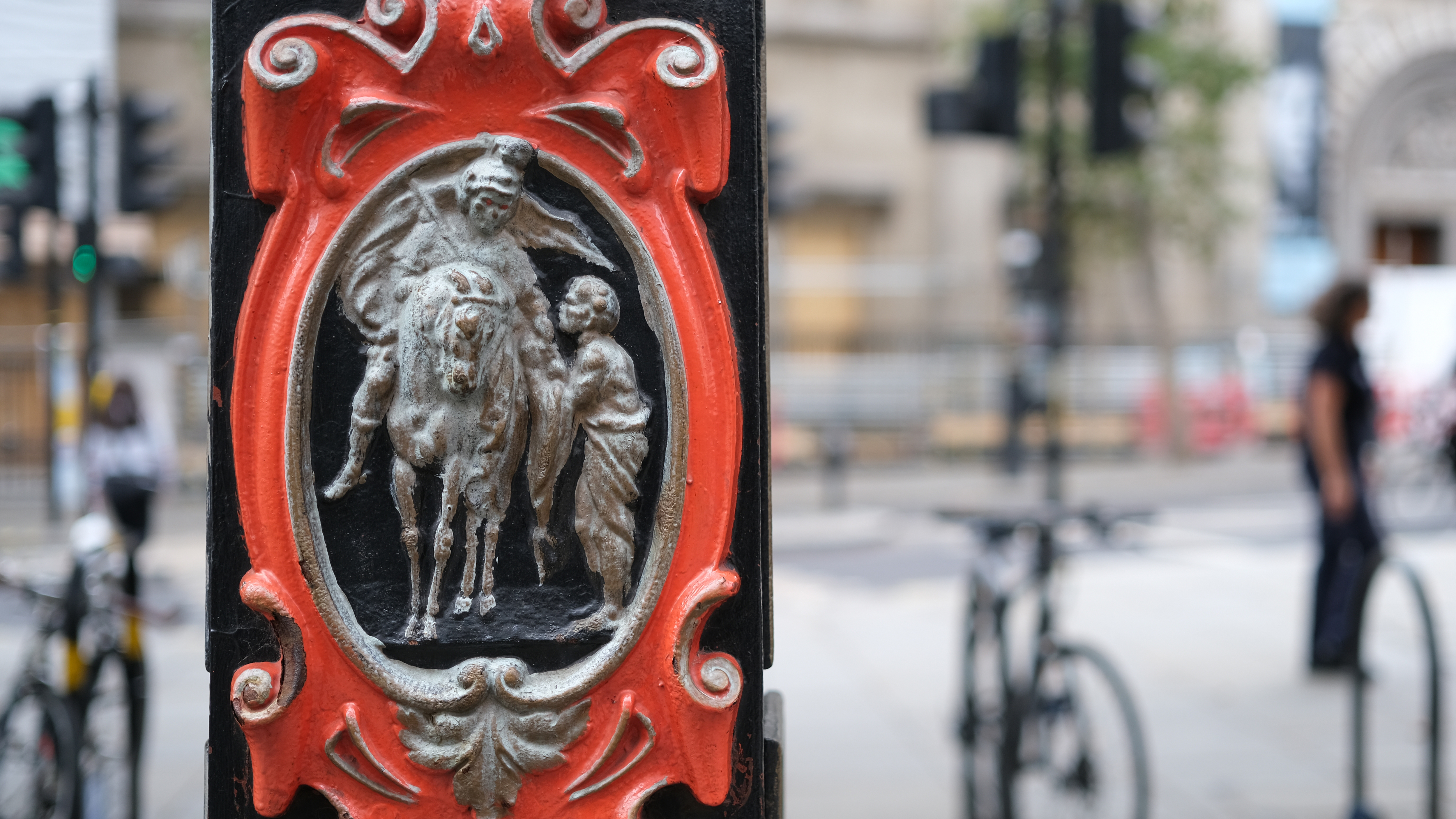
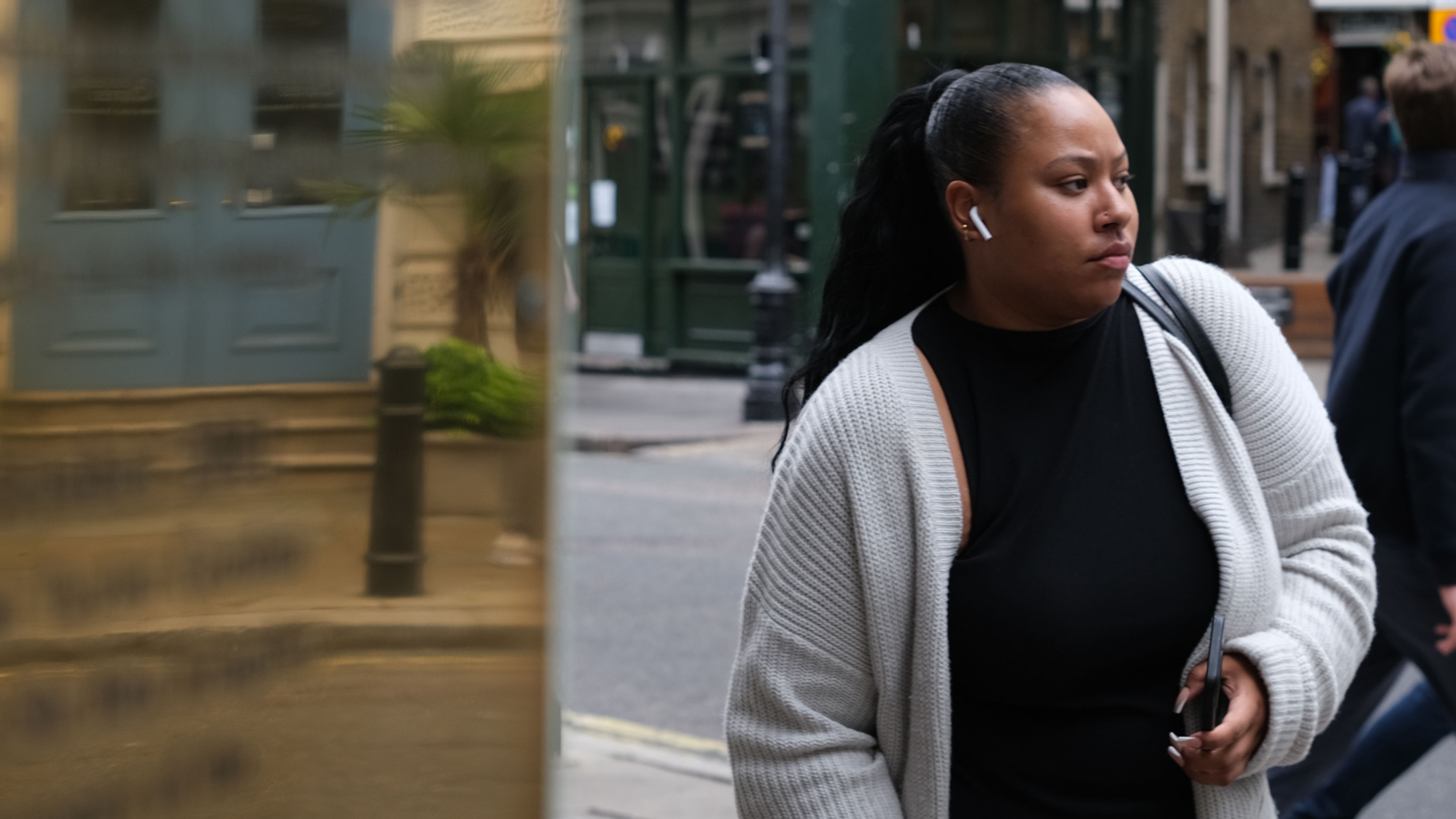
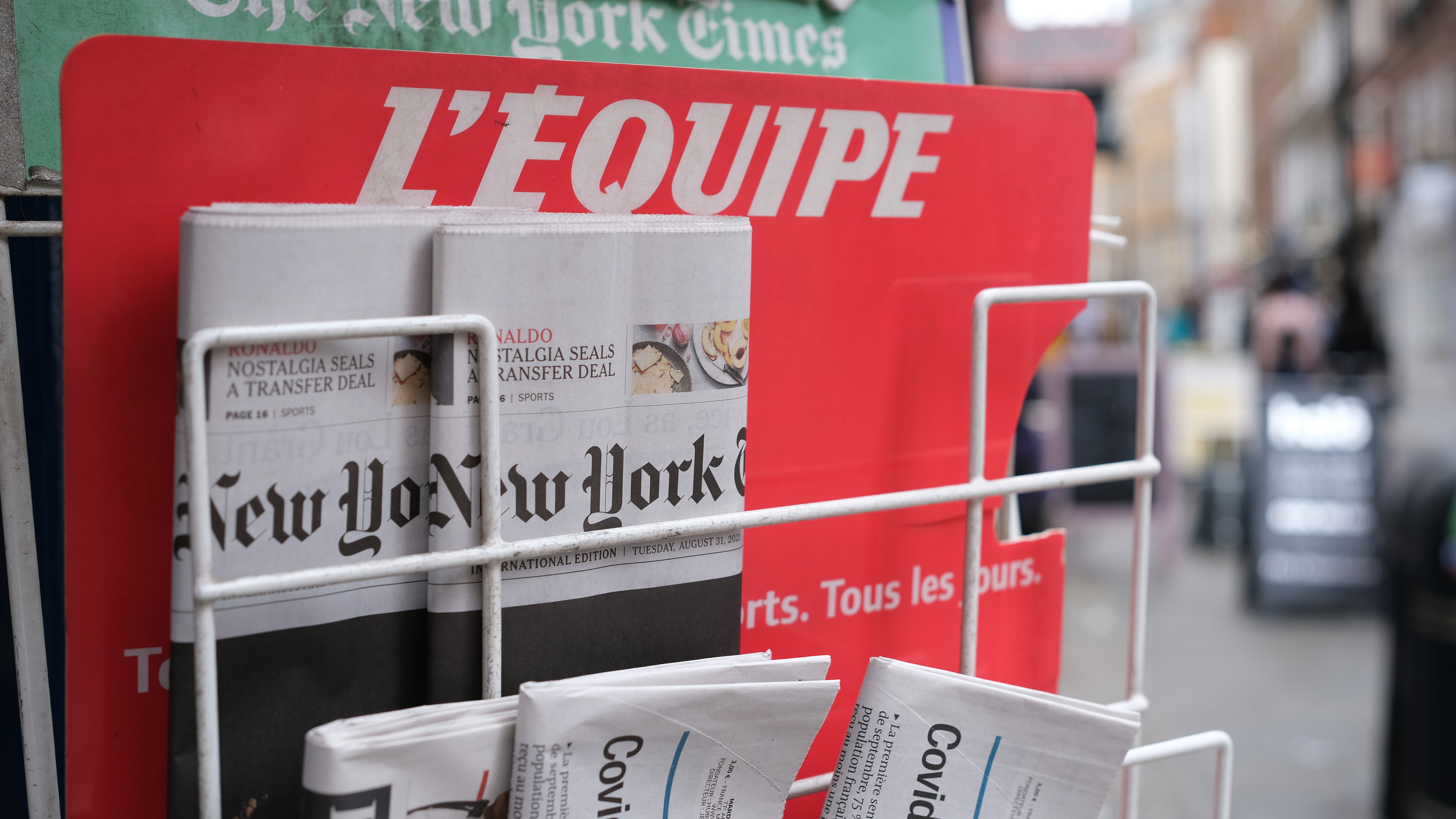
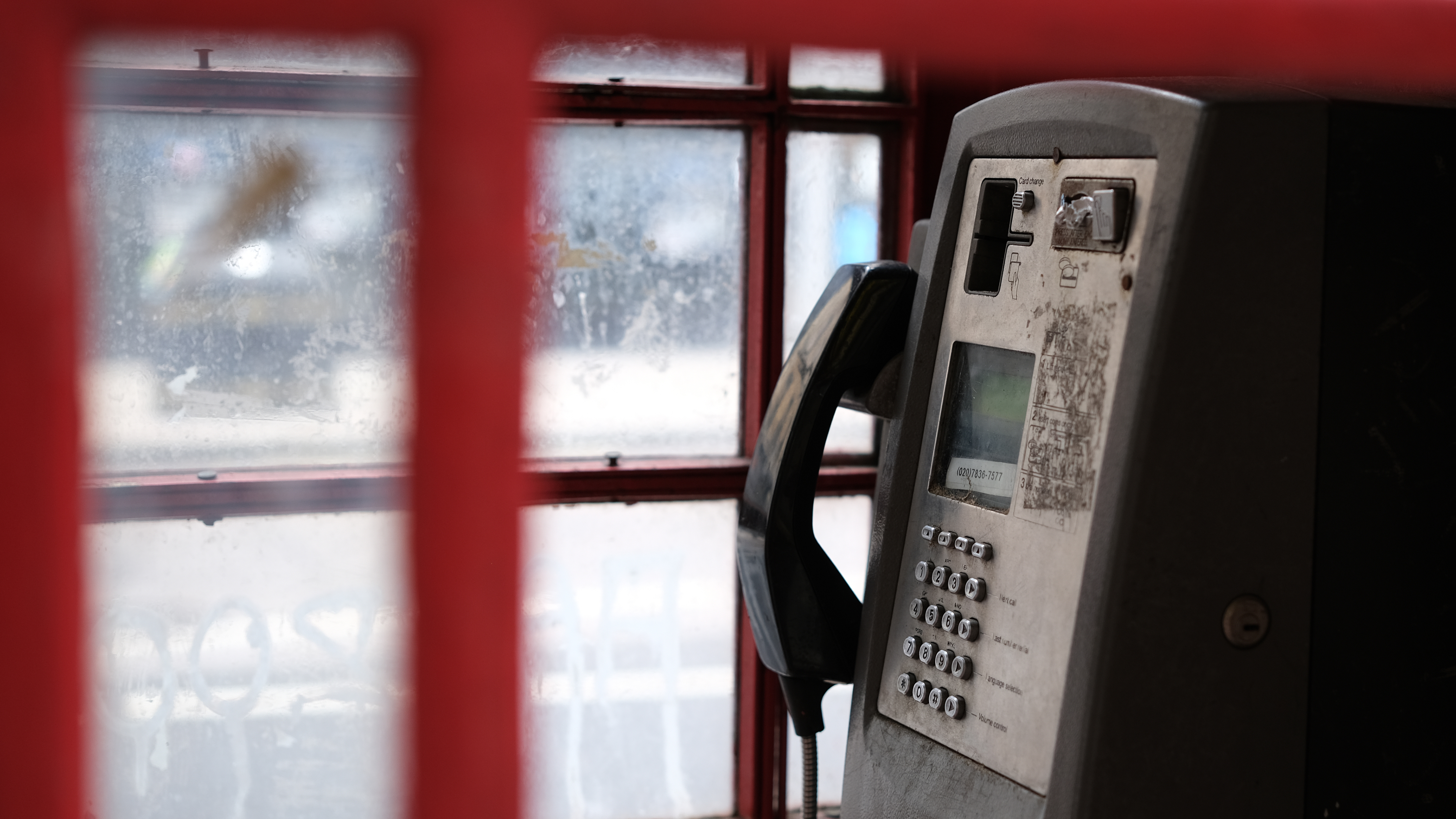
What this all means is that issues like chromatic aberration and corner softness are kept to a minimum, and that certainly seemed to be the case in our brief time with the lens. Even at f/1.4, it looks impressively sharp in the centre of the frame, and there were no obvious signs of chromatic aberration.
Perhaps most important for an f/1.4 prime lens, the bokeh rendering looks nice and smooth with highlights that look "pleasingly round when shooting at f/1.4, even if they can take on a slight cat's-eye shape towards the corners", according to our hands-on review.
Character study
So where does this leave the Fujifilm XF33mm f/1.4 – even if it's not a sequel to the much-loved XF35mm f/1.4, does it have the makings of another classic? While we need to do more testing, we think it's unlikely that the XF33m will be viewed in the same way as its distant cousin – and that's not necessarily a bad thing.
The XF35mm f/1.4 is perhaps the purest example of what the Fuji X-series system is about – compact, convenient and with bags of charm. It's also the perfect match, in terms of size and weight, for smaller cameras like the Fujifilm X-T30 II and X-Pro3. Perhaps the only black mark against it is that it's still pretty expensive for such an old lens.
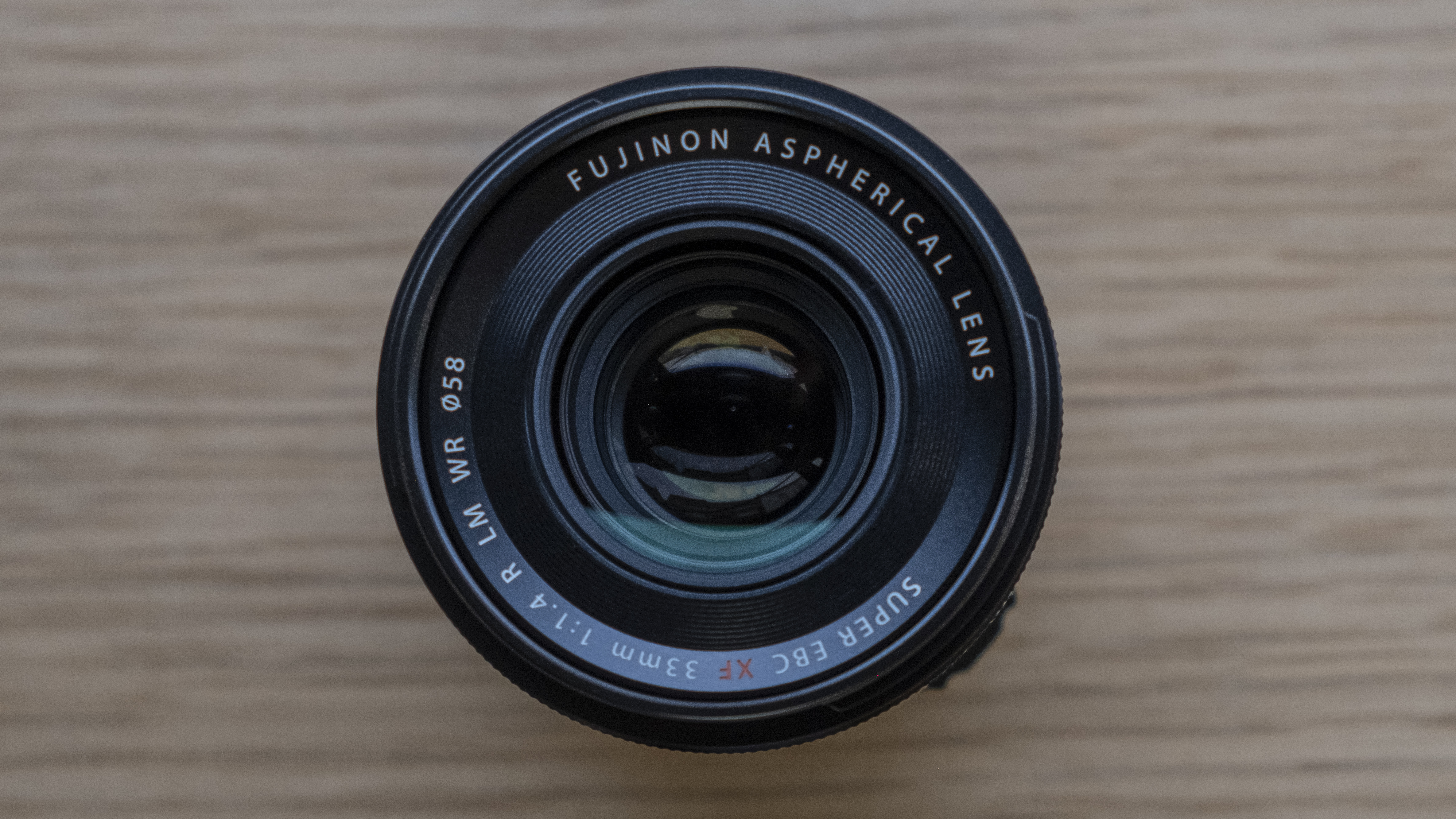
The more sensible, future-proofed buy – particularly for those who prefer to use slightly larger bodies like the Fujifilm X-T4 and Fujifilm X-S10 – is likely to be the new XF33mm f/1.4. It's a modern lens with fast, quiet autofocus that's ideal for both stills and video, and far fewer optical imperfections. It's also designed for the higher-resolution X-series cameras that Fujifilm has suggested are in the pipeline.
So while the XF33mm f/1.4 isn't a 'character' lens in the same vein as its XF35mm stablemate, it is one that'll likely stay in your camera bag (or glued to the front of your camera) for years to come. The only question is exactly how much better it is than the considerably cheaper Viltrox 33mm f/1.4, and that's something we'll be looking to answer in our full review soon.
- These are the best travel cameras you can buy right now
from TechRadar - All the latest technology news https://ift.tt/2WUHKzm